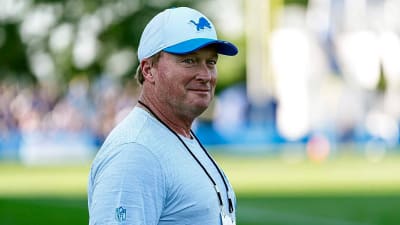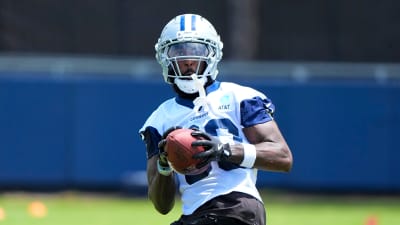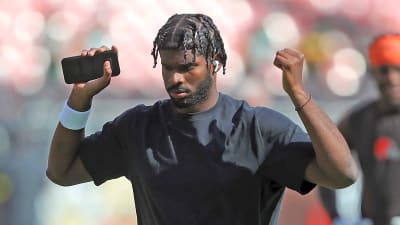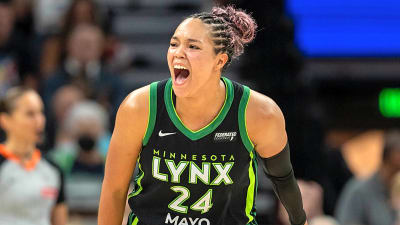
Every football season introduces a new crop of quarterbacks, and with them the same concern: Why do quarterbacks start slow in the NFL? Fans expect instant success, but in reality, the adjustment from college to the NFL is gigantic. Defenses are faster, the game is quicker, and newcomers are supposed to read more than they ever did before.
What makes the difference isn’t necessarily talent, but how the team adapts to support their new quarterbacks. An ideal example in recent times is the Dallas Cowboys approach with Dak Prescott in 2016. By simplifying their offense and having him do what he did best, they took what could have been a tumultuous rookie season and turned it into one of the best debuts in NFL history.
Why Quarterbacks Start Slow in the Beginning in the NFL
To address the concern of why quarterbacks start slow in the NFL, it’s a huge leap that only a few can withstand. Going straight from college to the working world is like going straight from high school algebra to higher math. It’s the same material, but the issue is amplified. These are the exact explanations that are responsible for the early troubles of the quarterback in the NFL.
- Game speed: In college, a quarterback can often succeed with late throws or looking a receiver straight in the eyes. In the NFL, such mistakes are interceptions. Defenders close gaps rapidly, and there is half the time to throw.
- High-level defenses: Veteran defensive coordinators thrive on perplexing young quarterbacks. They’ll show one defense before the snap and change to something completely different after the snap is taken. Young players who hesitate or read the play wrong are penalized immediately.
- Gigantic playbooks: NFL playbooks resemble encyclopedias compared to what most college quarterbacks have. Instead of five or six passing concepts, they’re supposed to know dozens. That’s all the mental baggage it takes to slow down their development.
How Smart Teams Help To Demystify Why Young Quarterbacks Start Slow
The most creative coaches understand that simply thrusting the rookie into the action is not an option. They adapt and build on the rookie’s strengths instead, building foundations for success.
- Trim the playbook: Coaches lean on shrinking the offense down to a smaller set of plays the rookie already knows.
- Lean on strengths: If a short passer or outside-the-pocket mover is one of a quarterback’s stronger talents, good coaches design plays that play up those strengths.
- Build confidence: Nothing boosts the confidence of a young QB like straightforward completions. A handful of early, quick throws during a game can settle nerves and establish rhythm.
Case Study: Dak Prescott and the Dallas Cowboys

The Dallas Cowboys were presented with this same issue in 2016. After Tony Romo got hurt in the preseason, rookie Dak Prescott, who was not even considered to play, was thrust into the role of starter. On paper, Dallas looked to be in trouble.
Instead, the coaches devised a plan tailor-made for him. They employed their stout offensive line and first-year running back Ezekiel Elliott to control games on the ground. Passing play was minimized to keep things simple for Prescott, reducing the number of reads he had to decipher. Quick throws, screens, and play-action passes kept defenses honest without complicating matters for the rookie quarterback.
The Cowboys also let Prescott utilize his athleticism. Bootlegs and rollouts created less crowded passing lanes and made space for him beyond the pocket. The result? It was one of the all-time great rookie seasons: 23 touchdown passes, just four interceptions, and a 13-3 record. Prescott was composed beyond his years, but much of that was due to a system that did everything in its power to make him succeed.
Lessons for Today’s NFL
Dak Prescott’s rookie season demonstrates that there is a plain fact: quarterbacks aren’t equal. Placing a first-year quarterback into an inflexible system rarely creates success. Changed, however, the system frequently will.
Conclusion
Hopefully, the question, “why quarterbacks start slow in the NFL,” doesn’t bug you anymore. Being young players, quarterbacks typically fumble early, not due to lack of ability, but because the NFL asks for more than they can digest at one time. When teams keep it simple, play up their strengths, and instill confidence, they provide their young quarterbacks with the most incredible opportunity to thrive.
The Cowboys’ handling of Dak Prescott in 2016 remains a template. They did not turn him into a star overnight. They gave him the tools, the foundation, and the guidance to become one. And that is something the rest of the league should never forget: great coaching is not obstinacy but adaptability.
More must-reads:
- Did Browns rookie QB Dillon Gabriel do enough to stay ahead of Shedeur Sanders in first start?
- Dolphins' situation with Tyreek Hill is complicated, but they have a firm stance on his future
- The 'Active multiple 140-receiving-yard games' quiz
Customize Your Newsletter
 +
+
Get the latest news and rumors, customized to your favorite sports and teams. Emailed daily. Always free!








